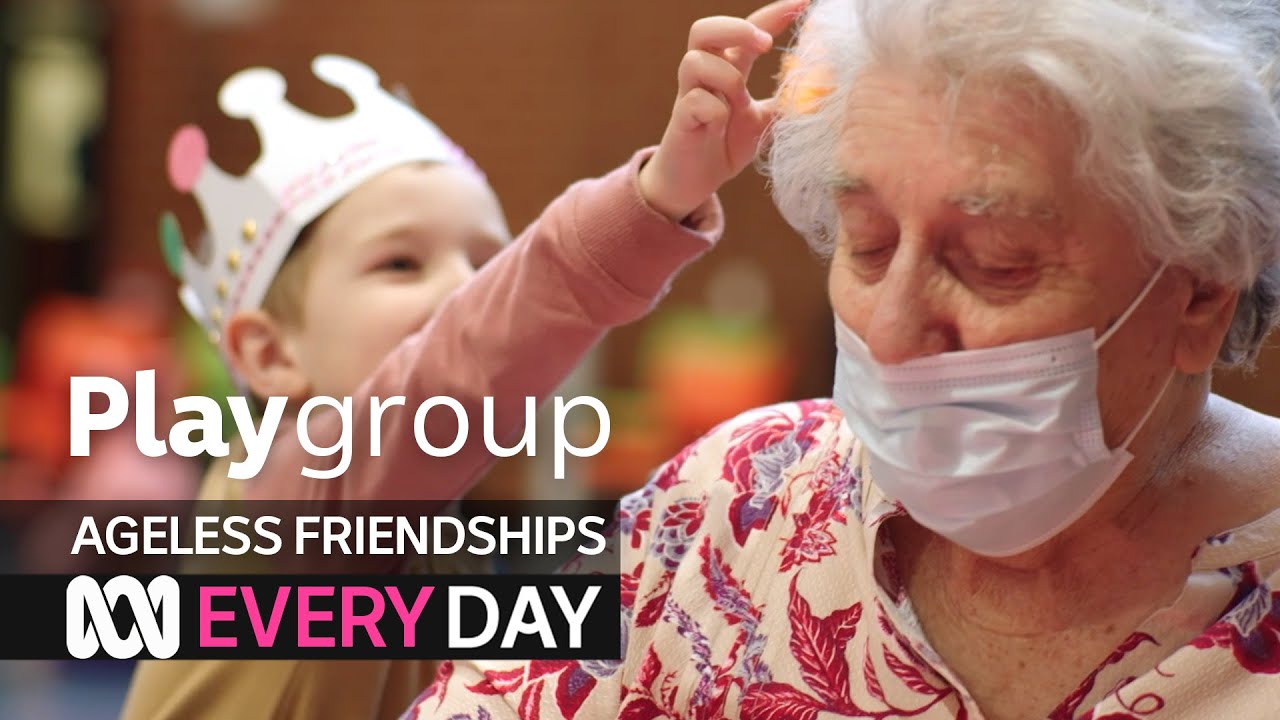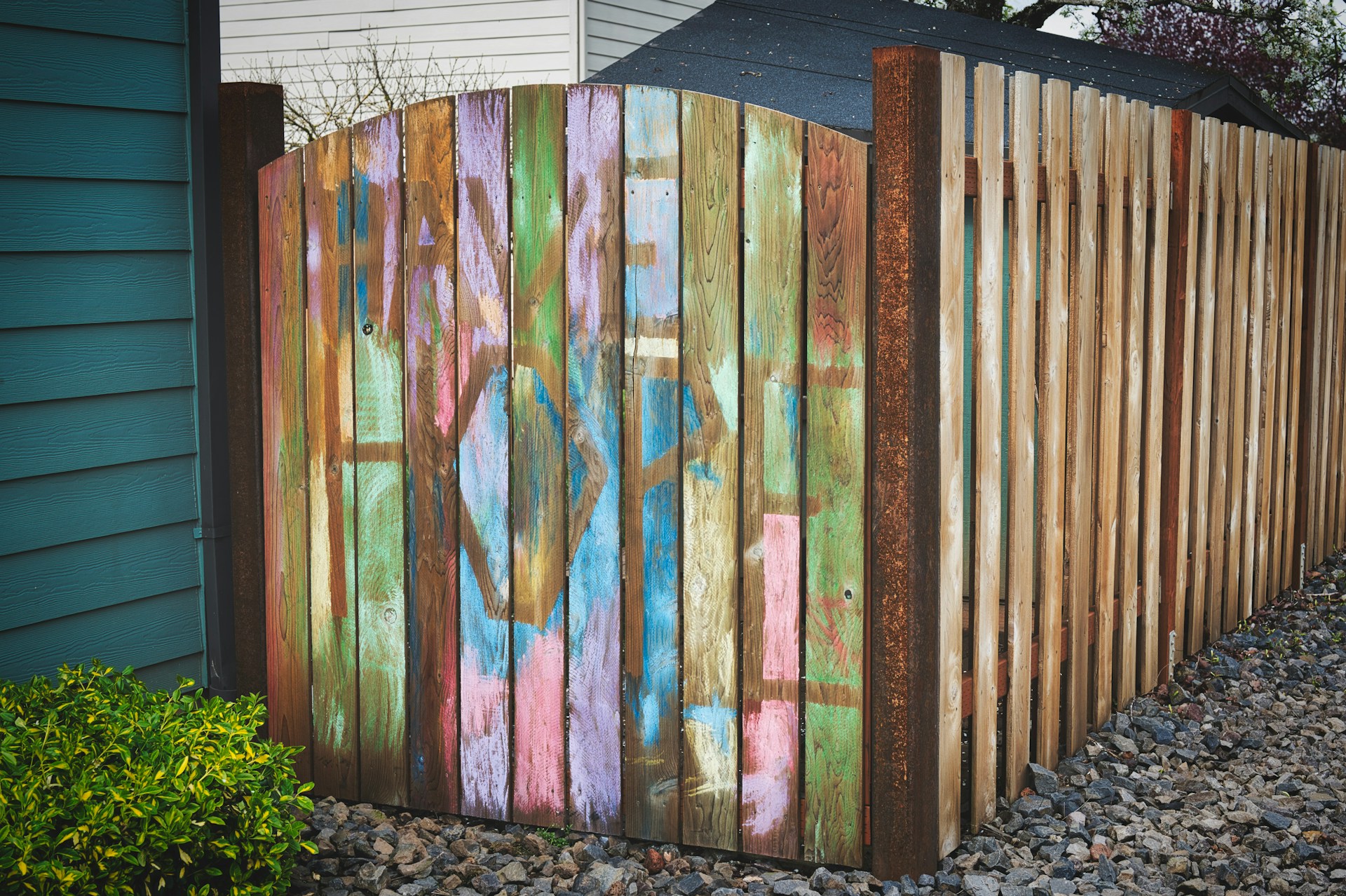In a time of destruction, create something: a poem, a parade, a community, a school, a vow, a moral principle; one peaceful moment.
Maxine Hong Kingston
Welcome to Day Four of Awaken Your Revolutionary Spirit
Here on day four of the Pathway, you might be thinking, “I’ve really got to get to work! Root in love, expand my perspective, build community!” And while that may be true, it certainly doesn’t have to be all work and no play. Play, in fact, is essential to the revolutionary spirit in two key ways.
First, play as a thing we do comes in many forms and can be a powerful force for change. Dr. Stuart Brown reminds us that “play is art, books, movies, music, comedy” — a smorgasbord of possibilities we can put to meaningful use! Chances are, you’ve experienced a moment when play in one of these forms broke the tension, built connection, or offered healing. History echoes this power on a larger scale. In 1980s Poland, for example, The Orange Alternative responded to authoritarian crackdowns by organizing surreal protests featuring gnomes. Their slogan? “We don’t need guns to fight a war — sometimes a gnome is enough”!
Second, play is not just an activity; it’s a mindset and way of responding to the world. It invites curiosity, openness to surprise, connection, and a sense of possibility. In play, outcomes are uncertain, but you stay flexible and present, ready to respond. You bring a mix of skill and lightness, laugh at mistakes, offer a hand to others. These same qualities — presence, adaptability, generosity, and imagination — are not only essential to play; they are powerful ways to meet the challenges of our lives and of our time.
The theologian Martin Buber described play as “the exultation of the possible,” which is also, quite clearly, the perfect way to define an awakened revolutionary spirit. May remembering to play inspire and support your individual exultation of the possible.
Today’s Practice: Create Change through Play
Today’s practice is an invitation to identify some of the qualities that play brings forth and then apply those qualities to how you respond to a particular issue or struggle. Set the stage with this cross-continent musical performance of the song Playing for Change, written by Sara Bareilles, and performed by members of the PFC Band. Enjoy the literal message of playing music for love, change, and peace, but also the figurative one that invites all kinds of play as a mechanism for positive change.
Step One: Remember How It Feels to Enjoy Play
Play at its best evokes our curiosity, creativity, looseness, strategic thinking, and even generosity. Close your eyes and bring to mind a memory of play, whether from yesterday or long ago, when you were thoroughly enjoying being playful.
Once you’ve got a vivid memory in mind, make a list of the qualities that this experience of play evoked in you. It might look something like this:
- I was more able to laugh at my mistakes.
- I was liberated from my task list…I was smiling and laughing!
- I was more comfortable taking risks and being vulnerable.
Step Two: Put These Qualities to Work!
Bring to mind one of the issues or concerns that matter deeply to you — anything that stirs your heart and needs your contribution — and try applying these qualities of play.
- What would it look like to approach this issue with the same spirit you felt when playing?
- Which qualities from your list could help you engage this concern with more creativity, courage, or joy?
- How might playfulness shift the way you connect with others around this issue?
For example:
- If you felt bold and curious while playing, how might you bring that same curiosity to a conversation with someone who holds different political views?
- If play made you laugh and feel light, how might you use humor or storytelling to open others’ hearts to an issue you care about?
- If you were willing to be imperfect when playing, how might that allow you to take action without feeling that you have to do it just right?
Choose one action or approach you can start experimenting with today that applies a quality of play to your chosen issue. Keep it doable and rooted in joy and aliveness.
Step Three: Reflect
- What does it feel like to approach a challenge with a more playful mindset?
- What new possibilities emerge?
- Is there any sense of lightness or liberation?
Scroll to the bottom of the page (or click here) to find the Community Conversation space where we invite you to share your reflections about today’s practice.
Deepening Resource
The Wonder & Wisdom Playgroup in Australia is an intergenerational community program that uses play to connect young children, parents, and elders. In this short video, you’ll see many ways that play creates connection, addresses loneliness, and offers support. The children receive guidance and love from multiple adults. The young moms witness the patience the elders have with their children, while also getting a bit of a break. And the older women experience greater joy and increased energy. The entire experience creates a sense of community and belonging that benefits everyone involved — all through the experience of play.

Ageless Friendships by Wonder & Wisdom Playgroup
Research Highlight
Research by the field ethnologist and primatologist Isabel Behn highlights the capacity of play to help us forge connections in a variety of circumstances and across differences: “Play is foundational for bonding relationships and fostering tolerance. It’s where we learn to trust and where we learn about the rules of the game. Play increases creativity and resilience, and it’s all about the generation of diversity — diversity of interactions, diversity of behaviors, diversity of connections.” It follows that when trying to create change in our lives and in the world, play can contribute positively to our capacity for compassion and bridge building.
Photo by Kevin Butz


My church has Trunk or Treat this weekend. I love this event. I have an adult friend who has autism. Many community events are geared towards children, which are not appropriate for a woman in her 30s. At Trunk or Treat, most of the adults are in costume. Trunk or Treatment is open to the community, but we don’t usually have more than 50 people, so it’s not crowded or overwhelming. “Lauren” makes me laugh – she comments on my costume, remembering if there are changes from the previous year. We also have a “Nature Day.” Mostly children come to that, but there are a lot of teenagers, and they always include her. Besides, she knows more about our city’s recycling program and won an award. I ADORE my church peeps. (I needed this reminder today.)
Yeah, you know, playful mindset just lightens up the whole process! Great idea! Just feeling a bit insufficient to do. Thank you for this idea.
I see many blocks in myself to letting go and enjoying. The grandchildren. Following the rules-discomfort in not being in right behavior. Judging others reactions. I also block these relations because I feel that I am not fun, I feel unneeded, unconnected, and with adult kids I think I am not smart, being judged. The youngest are easier as they like the kind of play that I am most comfortable with; crafts, reading, games that DONT focus on one person being ‘the best’ like monopoly…I see a way through this when I am able to accept myself, let go of ‘the rules,’ accept them for just being the special child they are, not focus on incorrect behavior.
Love the intergenerational play group. I get a lot of this in my large extended family and really value the intentional programming!